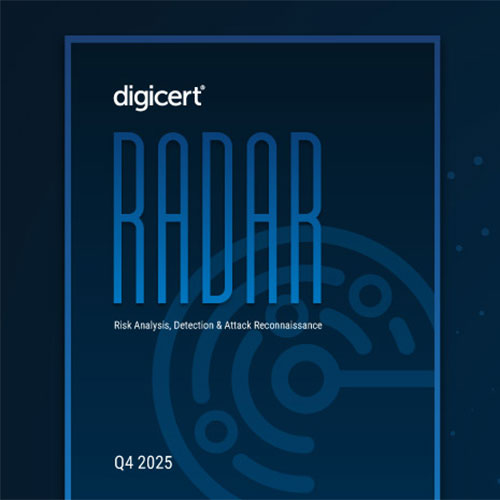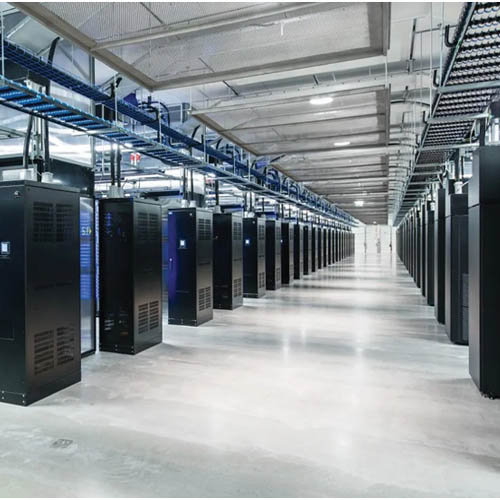Heads I Win, Tails You Lose!!

It is election (silly) time. Manifestos are brimmed with promises and echo unstinted support for the cause of the common man. There are bickering, hurling of abuses at each other, new alignments and breaking of old bonds, formation of new fronts, one- night stands, new electoral alliances, patch-ups and what have you. While these are happening and election fever is catching up like the temperature during the onset of summer, thousands of miles away from India, the G20 met in London in a gloomy environs and against the backdrop of rising tempers of ordinary people who had staged their protest and demonstrated their anger against increasing unemployment and high-handedness of the governmental machinery and market mechanisms. The Chief Executives of the rich nations resolved to commit trillions of dollars for infusing growth stimuli across the world. They also wanted the tax havens to go since these destinations have become hubs for slush money, which also funded the terrorist activities.
Let me run through these scenarios that have unveiled on us. First things first: Indian elections. An estimated Rs.11,000 crore will be spent on elections. This does not include the cost of sops and doles that have been liberally extended to some sections of the citizenry on the election eve arguably to attract their votes. It also may not include several crores of rupees that have to be spent on deployment of troops and paramilitary forces that have to oversee the election process, spread over more than a month. It may not also include the indulgence of citizenry-loving candidates, who swear by the well-being of the poor brethrens by passing on wades of currency notes, even in the glare of cameras. Of course, they have their own justifications, even going to the extent that it is perfectly in sync with the Indian tradition.
While electioneering is at the highest decibel, there are some lone voices that come out from certain quarters as to what should be the qualification of the so-called people’s representatives. Opinions differ. Some feel that they should be at least a graduate; others feel that they should have a clean image even if they are not literate. Yet, others feel that people with criminal background should be barred from contesting elections and it was strongly contested by a vast majority that unless criminal mind is proved, they are eligible. Given that our Courts take decades together to come at a final decision on any issue referred to them, they can sleep well and fight elections for the rest of their political career without being debarred.
I have yet to come across with a lone word from any quarter that a people’s representative should be computer literate. My perception of a computer literate is not that of a sleek politician, who hypes his presence with a laptop or a notepad. I sincerely feel that a good leader and a people’s representative should have a good database of profiles of families in his constituency, such as how many are employed, how many are pursuing studies, how many are homeless, how many are living in abject poverty, how many do not have basic amenities of life like healthcare, hygienic environs like safe drinking water, hospital facilities, sewerage facilities et al. I should admit that perhaps for the first time in the history of Indian election, almost all major political parties have launched websites giving details about their objectives, candidates they are fielding, manifestos and the like. But still I am not sure how many would have read about that rhetoric. The other welcoming feature is that the election wings of all major parties are hi-tech and they have the digital connectivity to every constituency and candidate. Their strategies are developed by so-called computer buffs on a day-to-day basis using computer simulations and sophisticated software. I have yet to gauge how much is that hyped up or real. Yet, there is a paradox of coexistence of most modern and primitive. Politicians are more concerned about the caste, religious and linguistic profiles than development matrix. That is evident from the electioneering, selection of candidates, demagogue and for that matter everything that they do as a political manager or a candidate.
In what they have disclosed to the public as a mandatory condition, there are descriptions about properties, cars, bank deposits, etc. in their names and their spouses’ and no mention about a computer or a laptop. I sincerely believe that however closely we may be committed to public affairs, without any reliable data, we will be in the dark about identifying the target group. Whatever we do in the absence of a properly maintained data, it will be pouring water into a vessel kept upside down. I have heard the politicians promising colour TVs free of cost to the electorate if their party comes into power, but yet to hear someone promising a computer free of cost. The other day, I heard that leaders of some religious denominations staking their claims to fight the election to protect the genuine interest of the community they represent. Could our IT fraternity, like aviation industry leaders and film stars, give a clarion call for their readiness to contest elections to protect their interest? Complex algorithms they may be able to fathom but not the electoral arithmetic.
From domestic to international: G20 has met in London. India can take legitimate pride in being invited to be a participant. That shows how India has emerged as an economic powerhouse. Let me indulge in some plain talk. Why international attention has turned to tax havens now? These were the hubs that funded terrorist activities across the world. Thousands of strikes were carried out funnelling these funds in India, Sri Lanka, Pakistan, Afghanistan, Latin American countries, Africa, Middle East, etc. Yet, we started worrying about these moneys parked in the most opaque banks only after the terrorist strikes in developed countries. We started scrutinizing these funds when the economies of the West started feeling the pinch of clandestine deals carried out to conclude transactions before the subprime crisis. Can we justify the existence of these tax havens and banking practices in the midst of most modern equipment to track down every transaction? During the East Asian meltdown, these tax havens were used to suck out and pump in money to these countries, which devastated their economies. It took several years for those countries to come on the rails. The unfortunate part was that there was no G20 Conclave to consider remedial measures for rejuvenating these economies.
Let us ponder over how difficult it is to bring these tax havens into international scrutiny. Take the present banking operations in India. Every transaction across the country is monitored and there is transparency in every transaction, be it through banking channels or credit cards. Tax havens are offering secrecy to their depositors. They do not reveal to the authorities how the money is deposited, sources from where the funds have come in, when it is withdrawn, etc. In short, these are banking operations that existed in the 18th century and in their wisdom the perpetrators of this dispensation thought that there was no need to regulate that. It still would have continued if 9/11 had not happened!!
Let us now focus on the five trillion dollar development funds to be released through international organizations like IMF in the next one and half years. These fund infusions are meant to jump-start the economies. It clearly says that protectionist undertones should be shunned. World leaders resolved that protectionism is not an answer to the global meltdown. But let us look at the policies that are being followed by the rich countries. Obama’s Buy American call to institutions that have availed state funding and several steps that were taken clearly endorse these views. Does it mean that talk about eschewing protectionism is a mere rhetoric? If it is so, we are up with the old adage: heads I win, tails you lose. Incidentally, that is also true in the case of our political landscape. Are our politicians listening?
See What’s Next in Tech With the Fast Forward Newsletter
Tweets From @varindiamag
Nothing to see here - yet
When they Tweet, their Tweets will show up here.





























